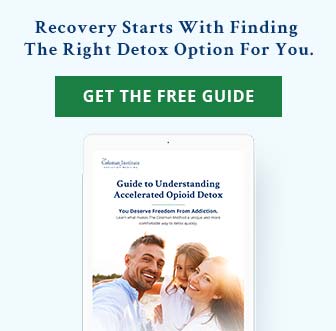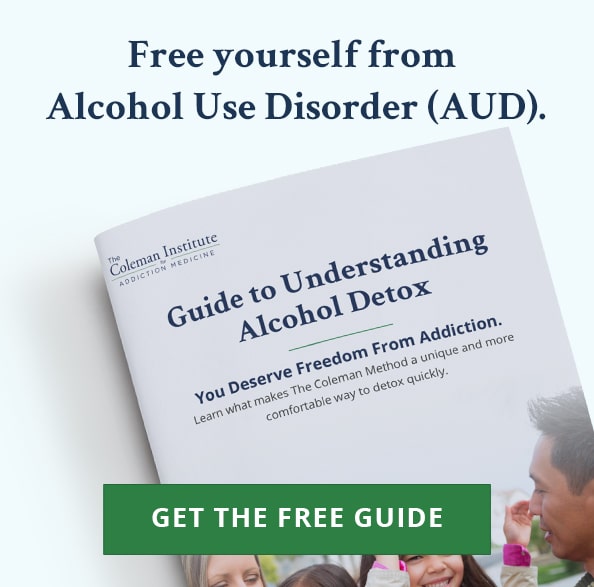The Coleman Institute Blog
15
Mar 19
Why Should I Use Naltrexone After I Get Off Suboxone®?
Not long ago we successfully detoxed a patient off Suboxone®. Sally (not her real name) started with oxycodone after surgery and when she developed a tolerance to these opioids, she turned to heroin. She used heroin for five years until she became pregnant and was put on Subutex®. After the pregnancy, she was switched back to Suboxone®. Her treatment never included counseling or therapy. She came to us to help her get off 16mg of daily Suboxone®.
(more…)12
Mar 19
A Moral Failing Or A Brain That Needs Healing?
For those of you interested in learning more about how addiction specifically affects the brain, I encourage you to watch Dr. Kevin McCauley’s movies and YouTube presentations. Dr. McCauley was an Air Force surgeon who became addicted to pain medications after he went through a surgery himself. Rather than receiving treatment, he was sent to Leavenworth Prison.
He took advantage of his time in prison to learn everything he could about this incredible condition that was so powerful it compelled him to continue to take drugs even though he knew it was jeopardizing everything he valued.
(more…)6
Mar 19
Curbing the Cravings: Naltrexone and Addiction
I had to laugh when Miriam (not her real name) told me the best thing about sobriety is that her husband is not so annoying to be around. The hardest thing: dealing with cravings.
(more…)25
Feb 19
What to Expect When Detoxing from Opioids
The growing prevalence of opioid addiction has made seeking treatment especially important for people and their loved ones. But knowing what to expect from withdrawal and your detox program can clarify what the experience is like so that you’re in control of your own recovery and sobriety.
(more…)22
Feb 19
Has Your Drinking Crossed the Line?
People often schedule consultations with our office to explore questions about their alcohol use. Drinking is so ubiquitous and our culture is so alcohol-centric, that frequently people aren’t sure whether their drinking is “normal” or if they are developing a troublesome and dangerous relationship with alcohol.
(more…)







